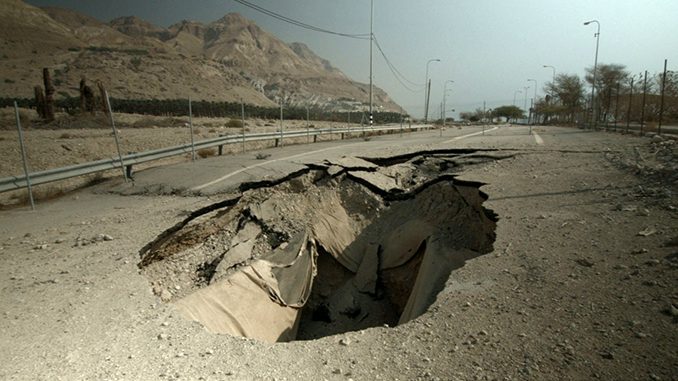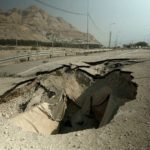
22 Nov Transformations announces the release of Issue 32
Transformations announces the release of Issue 32
What Can Moving Images Do? An Ecological Thinking of the Moving Image
2018 Issue No. 32 – What Can Moving Images Do? An Ecological Thinking of the Moving Image
Issue 32 called for provocations into the human-nature relation through the questioning power of the moving image. In particular, the editors looked for contributions that focused on the function of the moving image as a material artefact or visual object within an ecological milieu or image-world, where the human relation to nature is rendered open-to-question. Thinking about the moving image extends to many formats, including panoramas, dioramas, video art installations, online digital displays, scientific data schematisation and other visual apparatuses, as well as narrative and non-narrative film and cinematic projection. We encouraged ecological approaches to the moving image, broadly comprising “film, video, broadcast television, moving computer-generated imagery, and, in short, any mass-produced moving image technologically within our reach now and in times to come” (Carroll xxi).
This issue considers “ecological webs” as image-worlds or umwelten and engages critically with the modes of non-human signification enacted within moving image media. Theoretical advances in ecocinema, “eco-cinecriticism” and “green film criticism” (Ivakhiv 1) over the last twenty years highlight that “the cinematic experience is inescapably embedded in ecological webs” (Rust and Monani 2). The question of what moving images do ecologically calls to attention related questions of aesthetics, poetics, politics, ethics, mediation and representation of the nature of nature and the non-human. Towards these aims, the editors welcomed submissions from any of the disciplines that concern themselves, in one way or another, with the moving image, including film and cinema studies, new media and video, film-philosophy, literary studies, environmental humanities and associated disciplines.
Editors: Warwick Mules and John Charles Ryan
Articles
Anna Boswell
Anamorphic Ecology, or the Return of the Possum
Therese Davis and Belinda Smaill
Rethinking Documentary and the Environment: A Multi-Scalar Approach to Time
Warwick Mules
An Ecocritical Revaluation of the Cinematic Time-Image: Tarkovsky’s Solaris
Anat Messing-Marcus
(Non-)Moving Images: Nikolaus Geyrhalter’s Homo Sapiens as a Cinema of Natural History
Wood Roberdeau
Scalar Aesthetics of Ecocinema: The Wall and The Survivalist
Lisa FitzGerald
Black Gold: Digitally-Simulated Environments and the Material Aesthetics of Oil
Sasha Litvintseva
Geological Filmmaking: Seeing Geology Through Film and Film Through Geology
Anna Madeleine Raupach
Re-animating Climate Change: Abstract Temporalities in Augmented Reality




No Comments